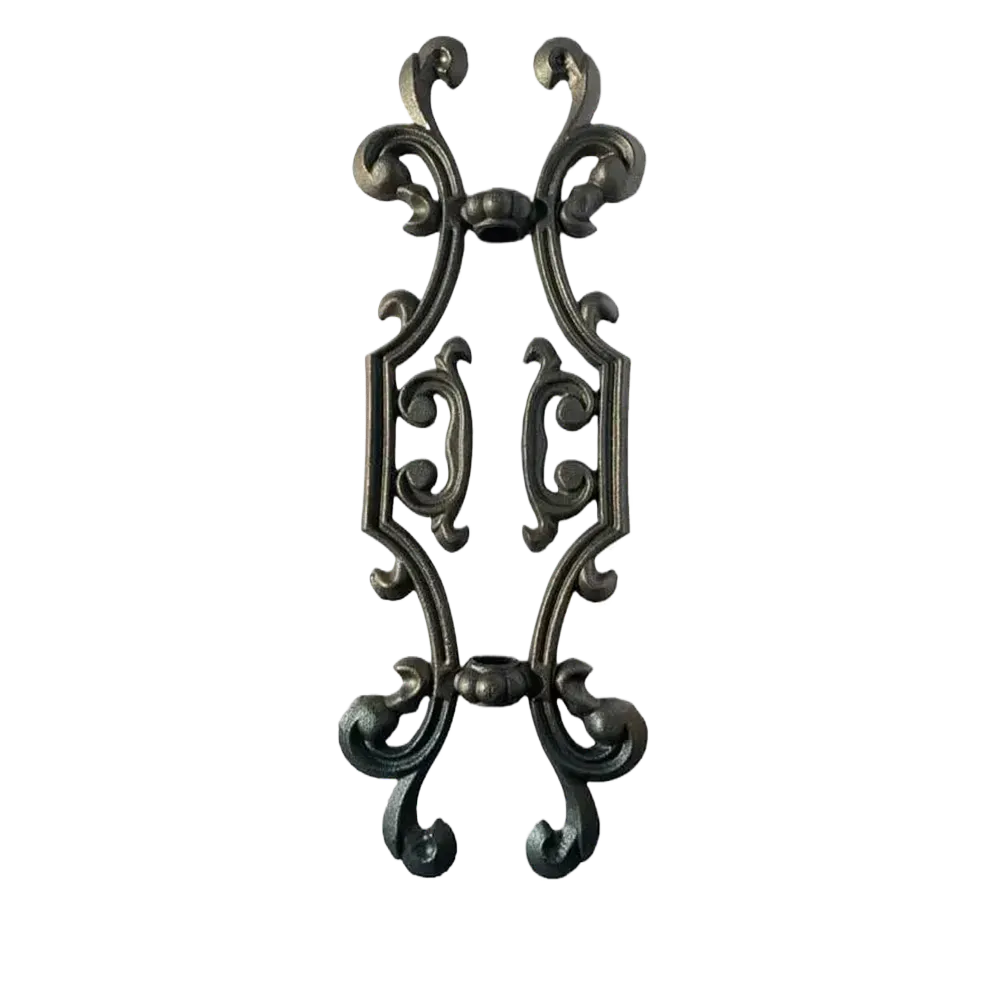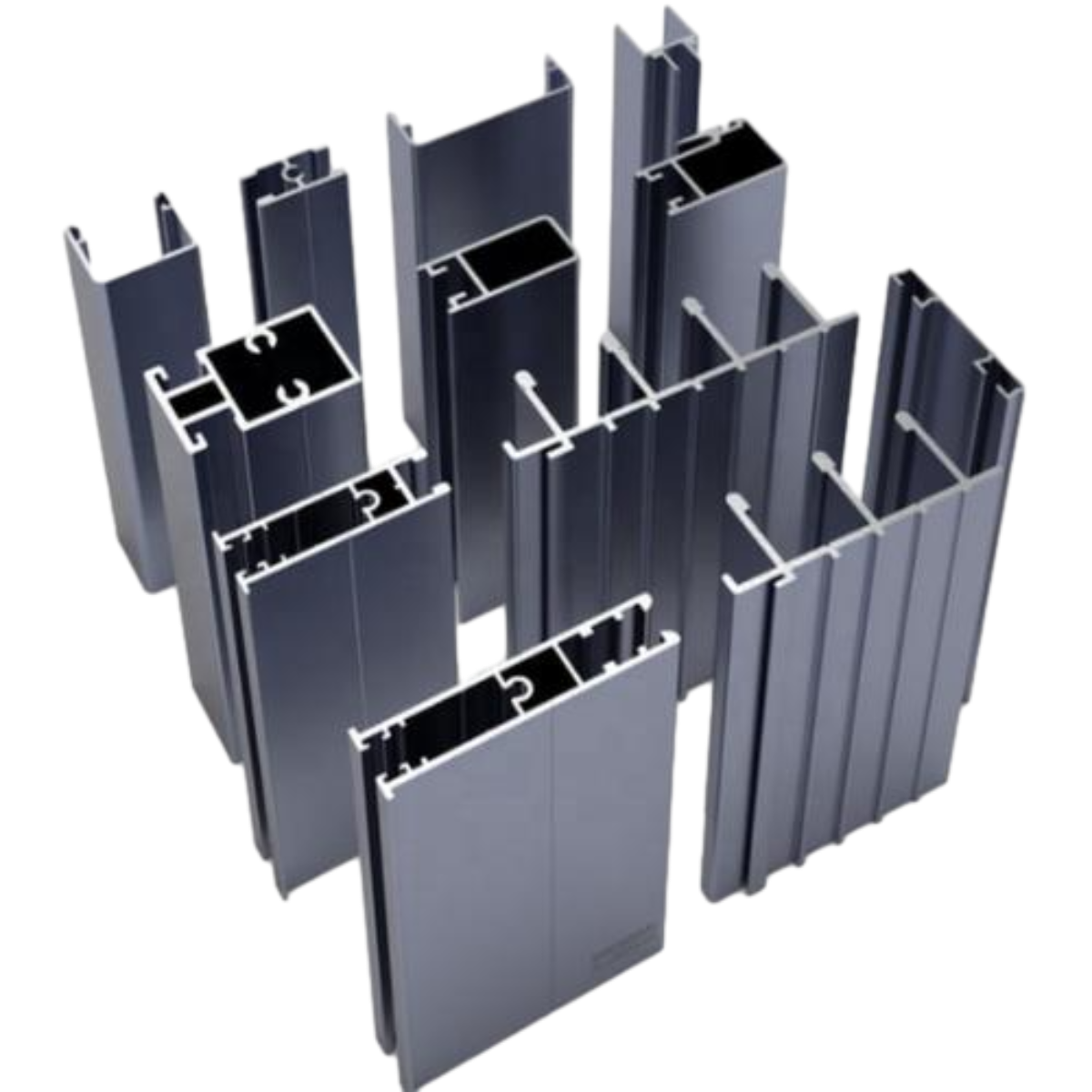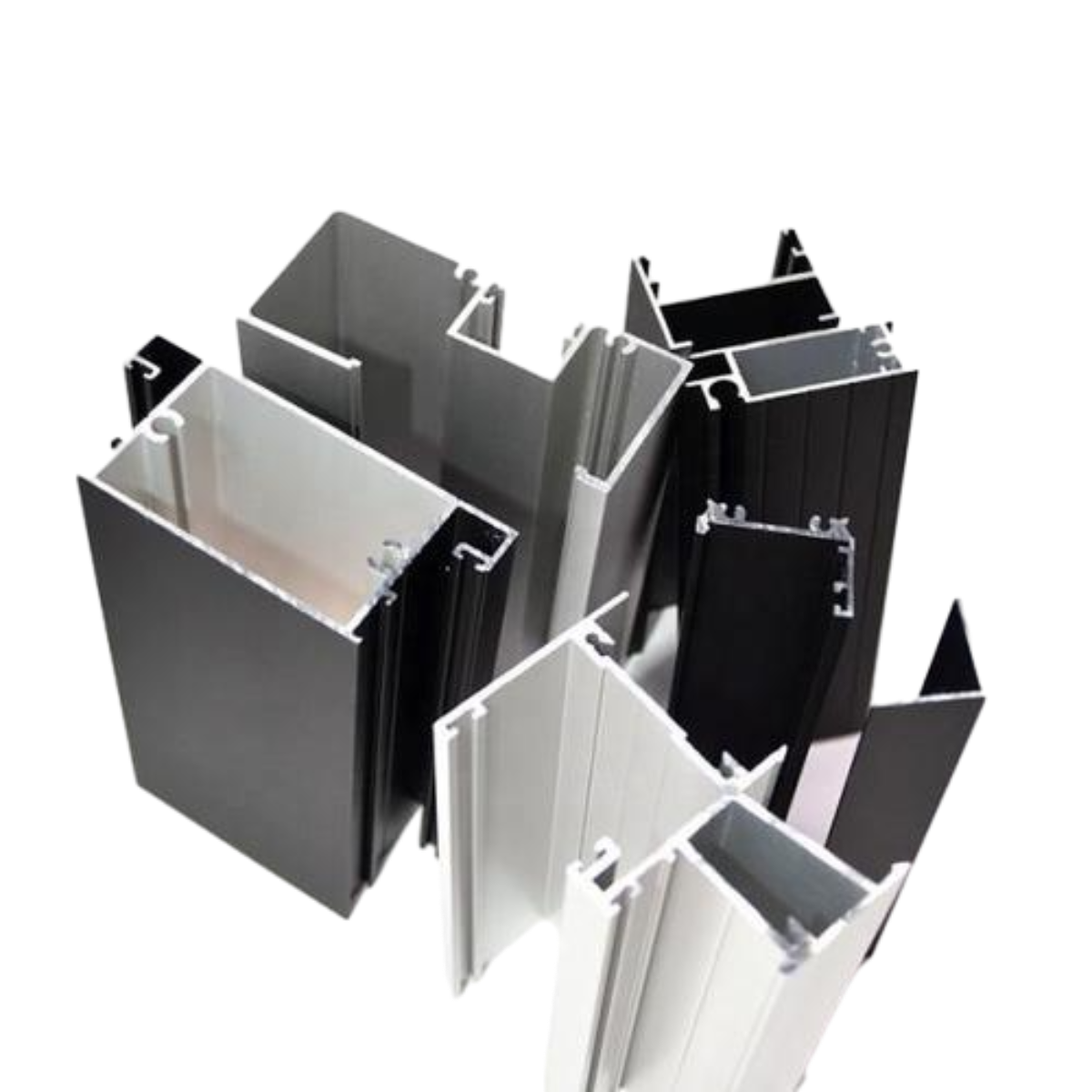Exploring the Benefits and Applications of Thermal Break Aluminium Profiles in Modern Architecture
Understanding Thermal Break Aluminium Profiles
In the realm of modern architecture and construction, the choice of materials plays a pivotal role in ensuring energy efficiency, durability, and aesthetic appeal. One of the increasingly popular options for high-performance window and door systems is the thermal break aluminium profile. This technology not only offers robust structural integrity but also enhances energy efficiency, making it an ideal choice for contemporary buildings.
What is a Thermal Break Aluminium Profile?
A thermal break aluminium profile is a specially designed frame composed of two layers of aluminium separated by a non-conductive material, typically polyamide or polyurethane. This separation serves as an insulating barrier that minimizes the transfer of heat and cold between the exterior and interior of a building. By incorporating a thermal break, these profiles help reduce energy loss, thus contributing to lower heating and cooling costs.
Key Benefits
1. Enhanced Energy Efficiency One of the primary advantages of thermal break aluminium profiles is their ability to improve a building's energy efficiency. Traditional aluminium frames conduct heat, resulting in significant energy loss. However, with thermal break technology, the flow of thermal energy is restricted, leading to a more stable indoor temperature.
2. Condensation Control In climates with variable temperatures, condensation can be a significant issue, leading to mold and deterioration of building materials. By reducing the temperature differentials on the interior surfaces, thermal break profiles help minimize the likelihood of condensation forming on windows and doors.
thermal break aluminium profile

3. Design Versatility Aluminium is well-known for its strength and adaptability. Thermal break aluminium profiles can be engineered into various designs and styles, making them suitable for a wide range of architectural applications, from sleek modern designs to more traditional aesthetics. Additionally, they can be coated in different finishes, allowing for greater personalization.
4. Durability and Low Maintenance Aluminium frames are resistant to rust and corrosion, making them an excellent choice for various environments. The thermal break technology does not compromise the strength and integrity of the structure, which means these profiles can withstand harsh weather conditions while requiring minimal maintenance.
5. Sustainability With increasing awareness of climate change and environmental sustainability, choosing materials that reduce energy consumption is critical. Thermal break aluminium profiles contribute to green building practices by lowering energy requirements, thereby reducing the carbon footprint of a building.
Applications
Thermal break aluminium profiles are versatile and can be employed in various applications. They are widely used in residential windows and doors, commercial storefronts, curtain walls, and in building facades. Their insulation properties make them particularly beneficial in high-performance buildings that aim for certifications such as LEED (Leadership in Energy and Environmental Design).
Conclusion
In conclusion, thermal break aluminium profiles represent a significant advancement in building technology, combining aesthetics with performance. They not only help builders and architects design energy-efficient structures but also address critical issues related to thermal comfort and condensation. As the construction industry increasingly prioritizes energy efficiency and sustainability, the integration of thermal break systems in aluminium profiles is expected to become more widespread, offering a compelling solution for eco-friendly building practices. This innovative technology not only enhances the functionality of the building envelope but also aligns with the global commitment to reduced energy consumption and environmental responsibility.
-
Why Choose Cast Iron for Your Next Project?NewsApr.27,2025
-
Timeless Charm of Cast Iron Decorative ElementsNewsApr.27,2025
-
Wholesale Cast Iron Products: A Growing Trend in Home and Garden DécorNewsApr.27,2025
-
The Advantages of Using Ornamental Cast Iron Parts in Your Design ProjectsNewsApr.27,2025
-
Why Ornamental Iron Castings Are Essential for Timeless DesignNewsApr.27,2025
-
The Elegance and Durability of Ornamental Cast Iron PanelsNewsApr.27,2025















